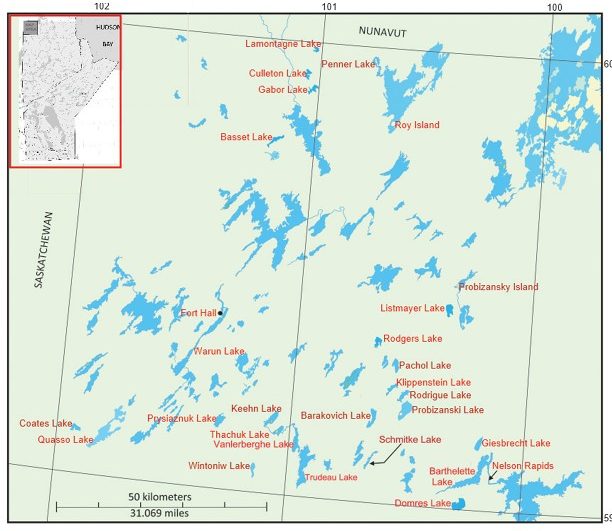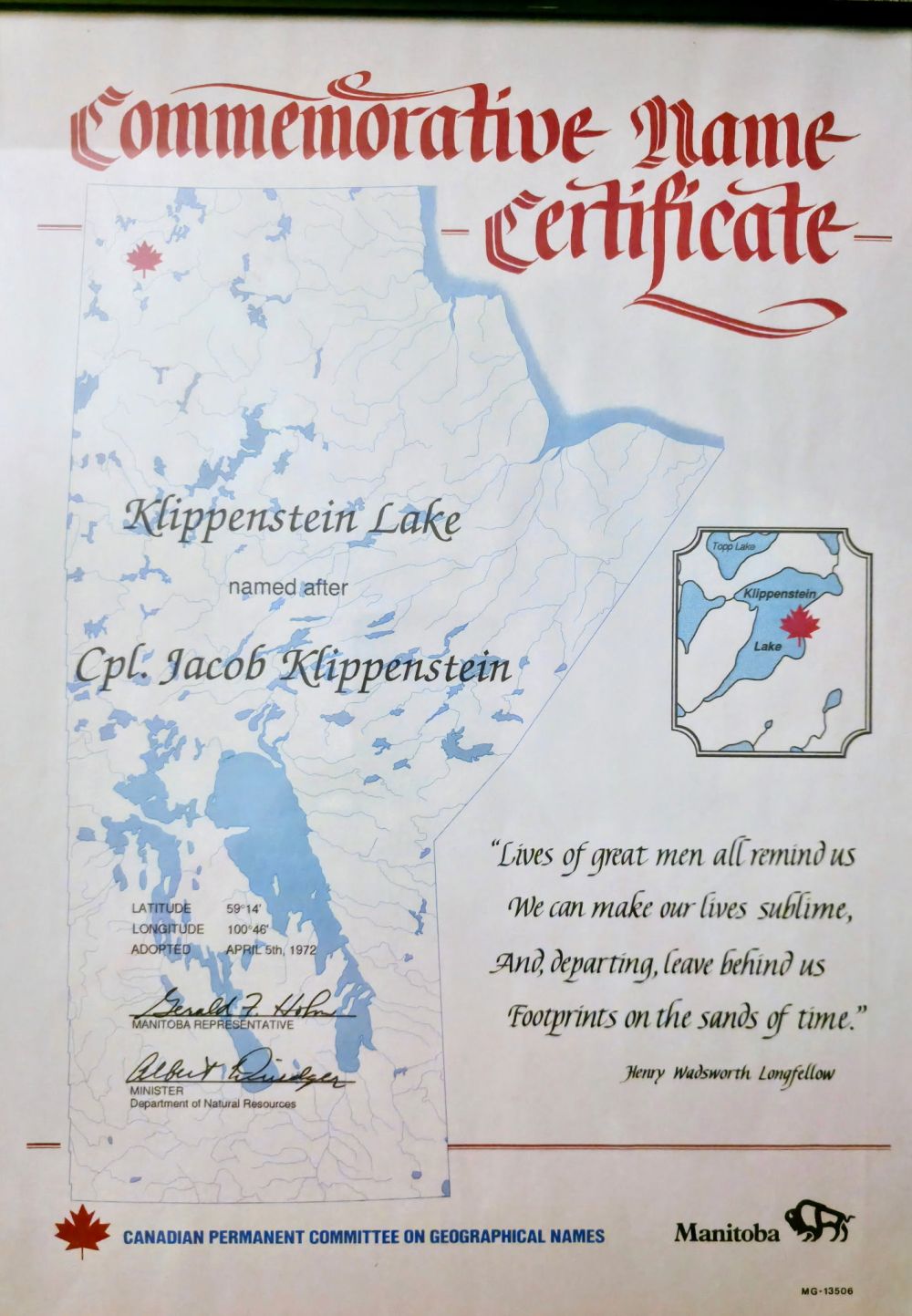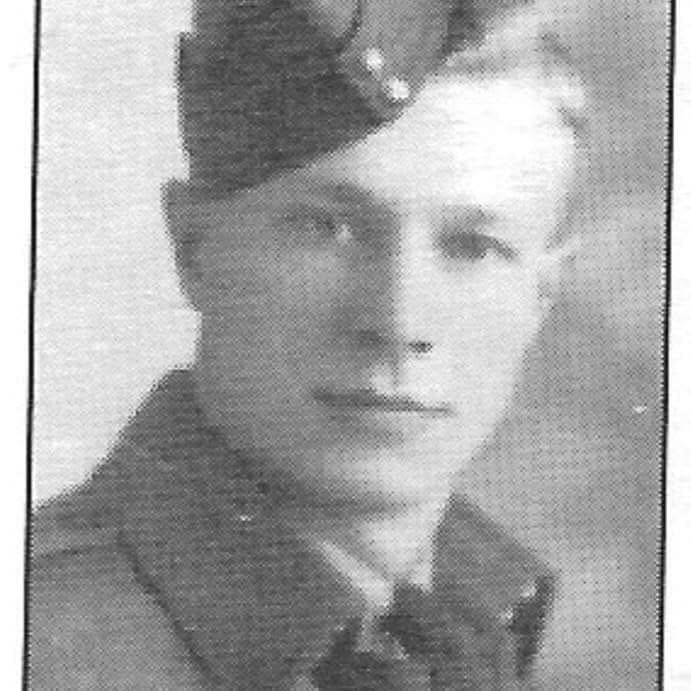‘I’ve been dodging shells all day’: Cpl. Jacob Klippenstein
Advertisement
It was a humbling experience for Jeremy Funk when he stood on Juno Beach in France, the same beach his great uncle stormed on D-Day.
“It just unimaginable to think that so many young men made that journey, and now I walk in relative comfort without anyone shooting me, without any obstacles and without a war going on,” he said.
Funk, a fire chief for Sioux Lookout, 348 kilometres east of Steinbach, said his great uncle Cpl. Jacob Klippenstein has always been a source of pride for his family.

Klippenstein grew up in Winnipeg and Steinbach. He was part of the thousands of Canadians landing on the beaches of Normandy during the June 6, 1944 D-Day operation. Klippenstein died at 24-years-old on Aug. 18, 1944. He served in the Queen’s Own Cameron Highlanders of Canada regiment. Klippenstein left behind his wife and one-year-old daughter.
Funk doesn’t know how his great uncle died and said it’s always been a family mystery. Details of Klippenstein were scarce in his family, as few stories were told about him, Funk said.
They did incredible things against insurmountable odds and we’re very fortunate they did, and we’re really proud to have a personal side to that,” Funk said.
In a letter to his grandfather dated nearly a month before he died, Klippenstein described his nights as busy and difficult to write letters because he would write in the bottom of a slit trench.
“I’ve been dodging shells all day and now our big guns are giving it to the enemy. So don’t blame me if if this letter is a bit shaky,” he wrote. “It gives a person a funny feeling when shells drop within 30 feet of him.”
Klippenstein went on to write how he appreciated the cigarettes sent by his family, and how he hoped the war would stop soon so he could return home because “it’s no fun here.”

Klippenstein was buried at the Bény-sur-Mer Canadian War Cemetery near Reviers, France.
Funk travelled to France in 2023 and toured various war memorials throughout the country. He said the experience changed how he approaches Remembrance Day and it “opens your eyes” watching something as simple as the waves crashing along the Normandy beaches.
“It broadens your understanding of what Remembrance Day is and just the unimaginable hell that so many men went through in World War I and World War II,” he said.
If he had the chance to meet his great uncle, Funk said the first thing he’d do would be thanking him for his sacrifice. Then he’d ask him what happened during his last month alive.
“I’m sure it wouldn’t be a very romanticized story. My family was pretty blunt,” Funk said, with a chuckle.

Klippenstein is among hundreds of fallen Canadian soldiers who were honoured by having Manitoba lakes named after them. Klippenstein Lake is located 1,110 km northwest of Steinach. Funk said the naming certificate for Klippenstein Lake has always hung on a wall at his grandparents’ home.
He hasn’t visited the lake because of how isolated it is, and said he would probably have to fly and hike to it if he went.
